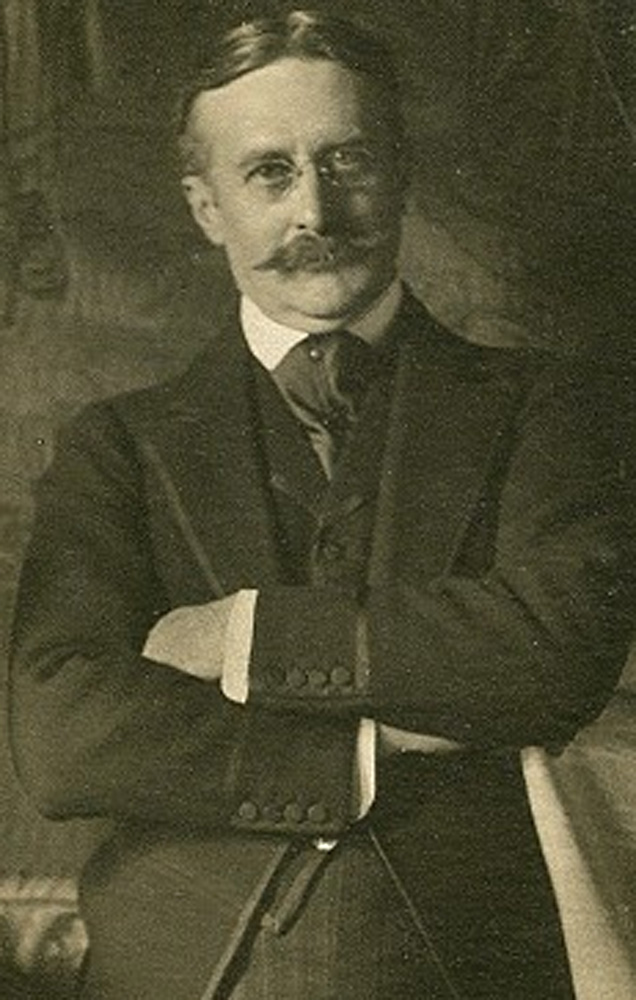The Romance of Commerce (1918), A Representative Business of the Twentieth Century
Harry Gordon Selfridge: Cytaty po angielsku
The Romance of Commerce (1918), A Representative Business of the Twentieth Century
The Romance of Commerce (1918), A Representative Business of the Twentieth Century
The Romance of Commerce (1918), A Representative Business of the Twentieth Century
The Romance of Commerce (1918), A Representative Business of the Twentieth Century
The Romance of Commerce (1918), A Representative Business of the Twentieth Century
The Romance of Commerce (1918), A Representative Business of the Twentieth Century
The Romance of Commerce (1918), A Representative Business of the Twentieth Century
The Romance of Commerce (1918), A Representative Business of the Twentieth Century
The Romance of Commerce (1918), A Representative Business of the Twentieth Century
The Romance of Commerce (1918), A Representative Business of the Twentieth Century
The Romance of Commerce (1918), A Representative Business of the Twentieth Century
The Romance of Commerce (1918), A Representative Business of the Twentieth Century
The Romance of Commerce (1918), A Representative Business of the Twentieth Century
The Romance of Commerce (1918), A Representative Business of the Twentieth Century
The Romance of Commerce (1918), A Representative Business of the Twentieth Century
The Romance of Commerce (1918), A Representative Business of the Twentieth Century
The Romance of Commerce (1918), Concerning Commerce
The Romance of Commerce (1918), Concerning Commerce
The Romance of Commerce (1918), Concerning Commerce
The Romance of Commerce (1918), Concerning Commerce
The Romance of Commerce (1918), Concerning Commerce
